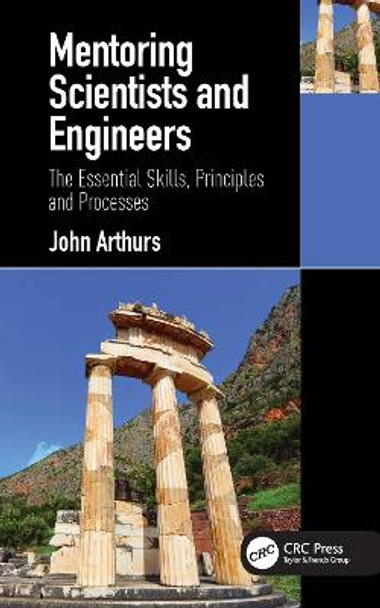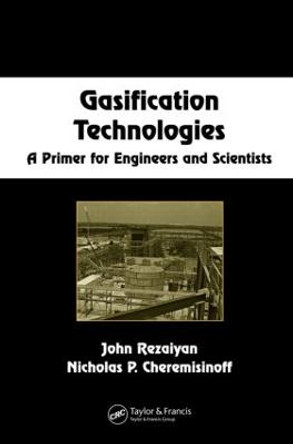Description
Mentoring is very much more than simple one-to-one informal instruction, or what used to be called 'coaching'. Modern mentoring techniques are modelled on those of executive coaching as well as expert academic tutoring. Mentoring is simple but not necessarily easy. An estimated 40% of all mentoring schemes fail through lack of mentor training and understanding. No great effort is required to study the literature but, for mentoring to be effective, adherence to basic principles and exercising specific skills is absolutely necessary. The book provides an introduction to what we mean by mentoring and its basic skills - skilful questioning, active listening, building trust, self-management and giving advice and feedback. It further covers mentoring principles, how to conduct mentoring sessions and a wide range of practical applications. The final chapter gives the outlines and principles for creating a basic mentoring scheme within an organisational context.
This book is written for those practitioners in science, technology, engineering and mathematics, the STEM fields, who have been pitched into the role of mentor without any prior training. Its objective is to alleviate anxiety, frustration and stress caused by not knowing exactly what is expected. In offering an introduction to mentoring it gives practical guidance as a quick and easy read.
About the Author
John Arthurs, as a Chartered Geologist, specialises in mentoring, executive coaching and training to support vocational professionals, mainly geoscientists working internationally in the mining, engineering and environmental industries. In a career spanning 53 years John has travelled widely, often living in remote places and meeting people of many different cultures. He has worked with mining prospecting and engineering companies, third level education and government geological surveys. Until official retirement in 2002, John was Director of the Geological Survey of Northern Ireland, the government's chief advisor on earth science policy. Since then he has been consulting in the United Kingdom, Ireland, Ghana, Burkina Faso, Guyana, Romania, Tanzania, Mozambique and Zambia.
Reviews
The overall impression is very much that the book does what it says in the title and in a guidance handbook this is an important attribute. I found the text easy to read for the most part and the tone friendly and engaging. When I say "for the most part" there are parts which are more detailed and technical, but this is inevitable if you are underpinning the guidance with the science behind it. [...] I found that the structure of the book was logical and flowed seamlessly [...]. [It] define[s] the role of a mentor, list[s] essential mentoring skills, discuss[es] the process and give[s] comprehensive examples of mentoring in practice. The case studies were enlightening and relevant, providing good illustrations of how mentoring worked in a range of professional settings. [...] The illustrations were relevant and helpful.
Paul Lyle, independent geologist. Paul Lyle has retired from his post as lecturer in geology at the Ulster University and now writes on geological issues.
The overall impression is very much that the book does what it says in the title and in a guidance handbook this is an important attribute. I found the text easy to read for the most part and the tone friendly and engaging. When I say "for the most part" there are parts which are more detailed and technical, but this is inevitable if you are underpinning the guidance with the science behind it. [...] I found that the structure of the book was logical and flowed seamlessly [...]. [It] define[s] the role of a mentor, list[s] essential mentoring skills, discuss[es] the process and give[s] comprehensive examples of mentoring in practice. The case studies were enlightening and relevant, providing good illustrations of how mentoring worked in a range of professional settings. [...] The illustrations were relevant and helpful.
Paul Lyle, independent geologist. Paul Lyle has retired from his post as lecturer in geology at the Ulster University and now writes on geological issues.
Reading the book will bolster the confidence of both the mentor and the mentee. It sets the framework and, by explaining the methodology, will help overcome the initial reluctance (even fear) that many highly qualified scientists might have. Mentoring is something that should probably not be imposed and psychologically might not be appropriate for everyone but undoubtedly many people will find it a significant long-term benefit in following their career pathway.
There are useful diagrams and exercises but particularly helpful are some of the observations made in the Case Histories recounted by Professors of Medicine & Chemistry and a Director of Research and Impact.
It is a book to remove the mystique about a process designed to improve management and encourage their protegees. Mentoring is a science in itself and must be fully understood by all involved before it is attempted; hence this explanation is timely and thoroughly recommended.
Dr Tony Bazley is a geologist with a distinguished career at a senior level in government scientific service, holds two Honorary Professorships and is currently a Director with an international energy company.
The overall impression is very much that the book does what it says in the title and in a guidance handbook this is an important attribute. I found the text easy to read for the most part and the tone friendly and engaging. When I say "for the most part" there are parts which are more detailed and technical, but this is inevitable if you are underpinning the guidance with the science behind it. [...] I found that the structure of the book was logical and flowed seamlessly [...]. [It] define[s] the role of a mentor, list[s] essential mentoring skills, discuss[es] the process and give[s] comprehensive examples of mentoring in practice. The case studies were enlightening and relevant, providing good illustrations of how mentoring worked in a range of professional settings. [...] The illustrations were relevant and helpful.
Paul Lyle, independent geologist. Paul Lyle has retired from his post as lecturer in geology at the Ulster University and now writes on geological issues.
Reading the book will bolster the confidence of both the mentor and the mentee. It sets the framework and, by explaining the methodology, will help overcome the initial reluctance (even fear) that many highly qualified scientists might have. Mentoring is something that should probably not be imposed and psychologically might not be appropriate for everyone but undoubtedly many people will find it a significant long-term benefit in following their career pathway.
There are useful diagrams and exercises but particularly helpful are some of the observations made in the Case Histories recounted by Professors of Medicine & Chemistry and a Director of Research and Impact.
It is a book to remove the mystique about a process designed to improve management and encourage their protegees. Mentoring is a science in itself and must be fully understood by all involved before it is attempted; hence this explanation is timely and thoroughly recommended.
Dr Tony Bazley is a geologist with a distinguished career at a senior level in government scientific service, holds two Honorary Professorships and is currently a Director with an international energy company.
Book Information
ISBN 9780367723989
Author John Arthurs
Format Hardback
Page Count 156
Imprint CRC Press
Publisher Taylor & Francis Ltd
Weight(grams) 381g






